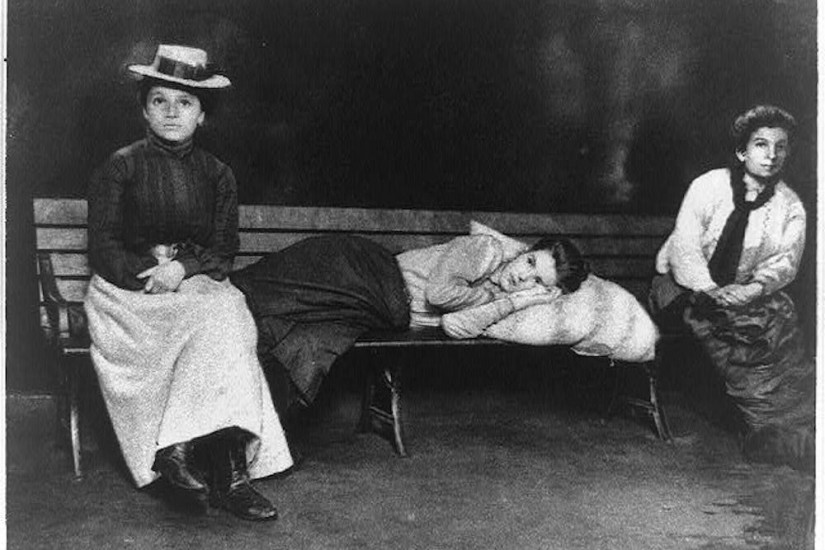The Know-Nothings wanted German and Irish immigrants to get out because they were allegedly subversive and diseased people who were stealing American jobs. White preachers and politicians of the 1820s urged freed blacks to move to West Africa, supposedly for their own good.
From that drive to encourage blacks to go back where they came from to waves of nativist attacks on Catholics, Jews, Asians and Hispanics in nearly every generation that followed, “go home” rhetoric is as American as immigration itself.
President Trump’s raw assertion of nativist language, in attacks Sunday and Monday on four Democratic congresswomen — all of them U.S. citizens, three of them native-born — is consistent not only with his long history of attacks on people he perceives as the other, but also with the nation’s oscillating attitudes toward immigration.
From Calvin Coolidge’s warnings in the 1920s that the country was becoming “a dumping ground” and that “America must remain American” to the “America: Love it or leave it” rhetoric that surrounded Richard Nixon’s presidency, the nation’s leaders have struggled for two centuries with a central ambivalence about its core identity as a magnet for immigrants.
“They have to love our country,” Trump said Monday, doubling down on his initial statement that the House members should “go back and help fix the totally broken and crime infested places from which they came.” “These are people that hate our country... They’re free to leave if they want.”
Trump’s comments have been criticized as racist, nationalist, nativist and ignorant, even as some of his supporters have defended his statements as blunt but necessary assertions that new Americans have an obligation to support their adopted country.
There is hardly any ethnic or racial group in the country that hasn’t been told to go back where they came from. In collections of voices from the Japanese American internment camps of the World War II era, in diaries of the earliest Italian and Irish immigrants, in Jewish novels and memoirs from the turn of the 20th century, the slur is a mainstay.
Sometimes, it is a reaction against political protests: “If you don’t like it here, go back where you came from.”
